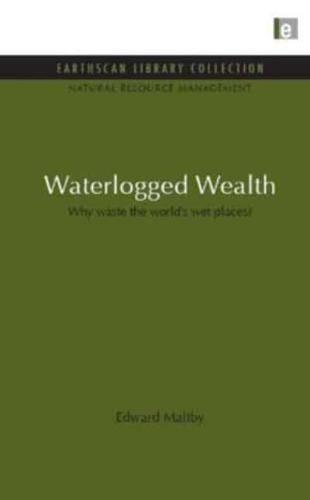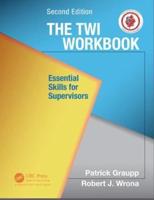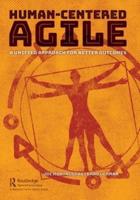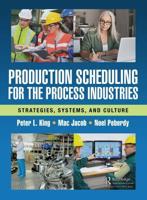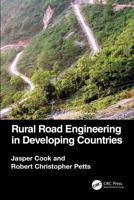Publisher's Synopsis
Don't drain the swamp!
Man's traditional response to swamps, marshes and bogs has been to drain them.
But wetlands are not wastelands. Coastal marshes are among the world's most productive ecosystems. They make many commercial fisheries possible and protect coasts from floods and storm surges. Wetlands are pollution filters, water reservoirs. They are among the last wild places on earth, offering homes to endangered plants, birds and animals.
Attitudes to wetlands are changing, but not fast enough. As scientists are documenting the wealth in wet places, governments and developers are draining them, damming them, logging them and building resort hotels where ', they once were. Destruction is usually a poor trade-off: well-managed wetlands in Louisiana are producing fortunes in seafood and timber.
Waterlogged wealth examines the value of swamps and marshes, as well as the threats against them. In doing so it takes the reader to some of the world's most bizarre landscapes: the 'inland delta' of the Niger River in drought-stricken Mali; the wildlife-rich Okavango swamps of Botswana; the waterlogged Sunderban forests of India and Bangladesh, where tigers eat fish and crabs. Civilisation began around wetlands; today's civilisation has good reason to leave them wet and wild.
Dr Edward Maltby is a lecturer in geography at the University of Exeter(UK). He has done extensive research on wetlands both in the North (UK, US, Canada) and the South (Fiji, Jamaica, India and the Falklands/Malvinas Islands). He is on the IUCN Wetland Programme Advisory Committee.
Originally published in 1986


